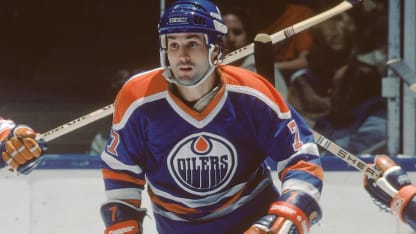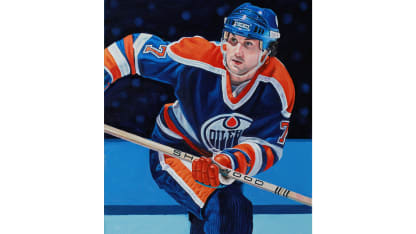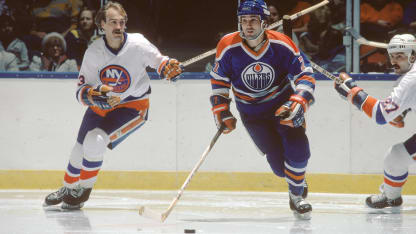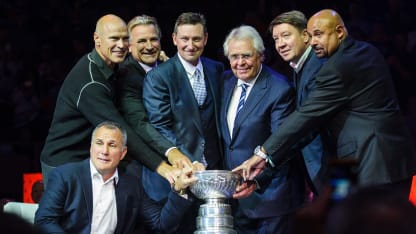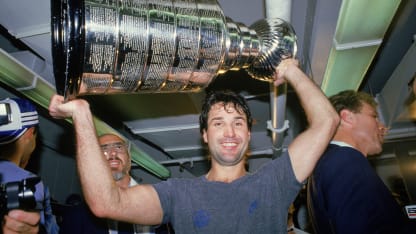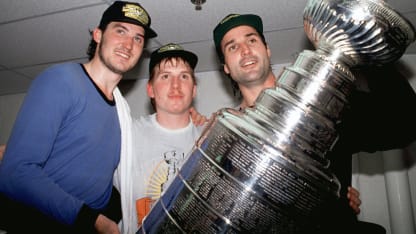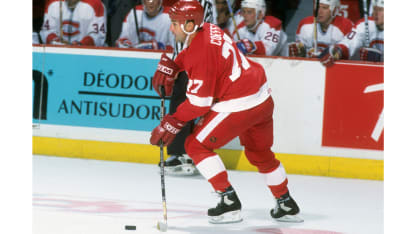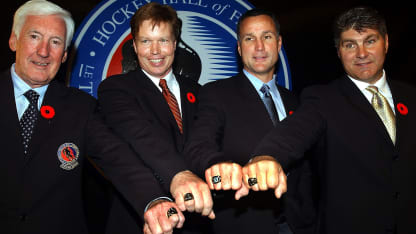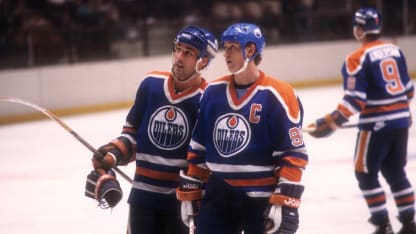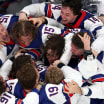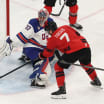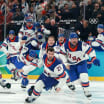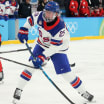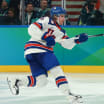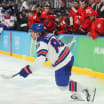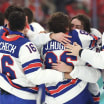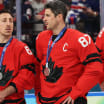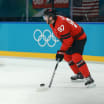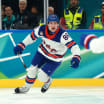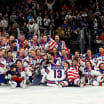Fittingly his career hit top gear quickly. Selected by the Oilers with the No. 6 pick in the 1980 NHL Draft, Coffey had modest numbers -- nine goals and 32 points in 74 games -- as an NHL rookie in 1980-81. But in his second season, Coffey got comfortable, scoring 29 goals and getting 89 points, a taste of record-breaking performances to come.
To opposing teams and their fans, it seemed almost unfair. Even if an opponent managed to contain elite forwards Gretzky, Kurri, Mark Messier and Glenn Anderson, there was always the threat of Coffey, roaring up the right side of the ice with the puck, being unstoppable some nights.
In March 1986, Coffey lit up the Red Wings in Detroit for eight points -- two goals and six assists -- tying the record for an NHL defenseman set by Tom Bladon of the Philadelphia Flyers in 1977.
At one point during that game, Coffey told Sportsnet years later, "Wayne turned to me and asked, 'Do you know the record for points in a game by a defenseman?' I didn't know, but Wayne knew all the stats, all the records.
"'No,' I told him. 'It's eight,' Wayne said. 'Let's go.'
"And I went out and got four more. Didn't beat the record, but I tied it."
